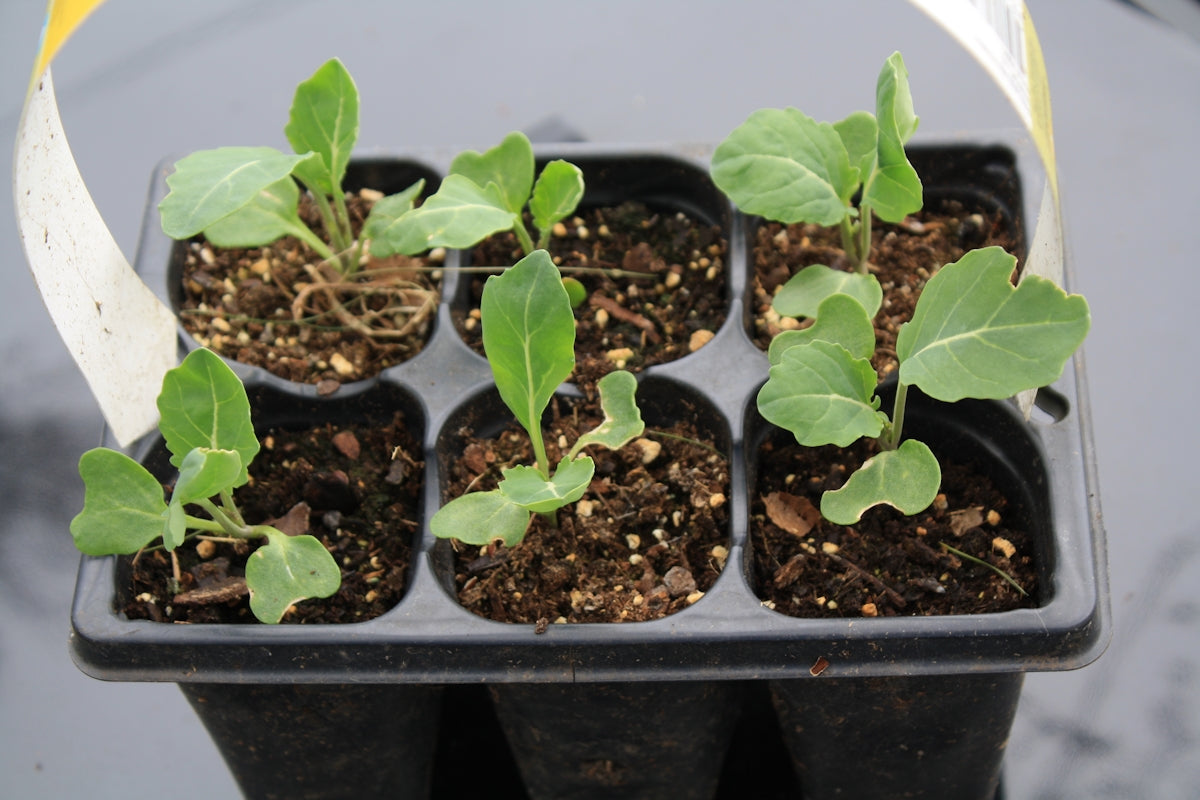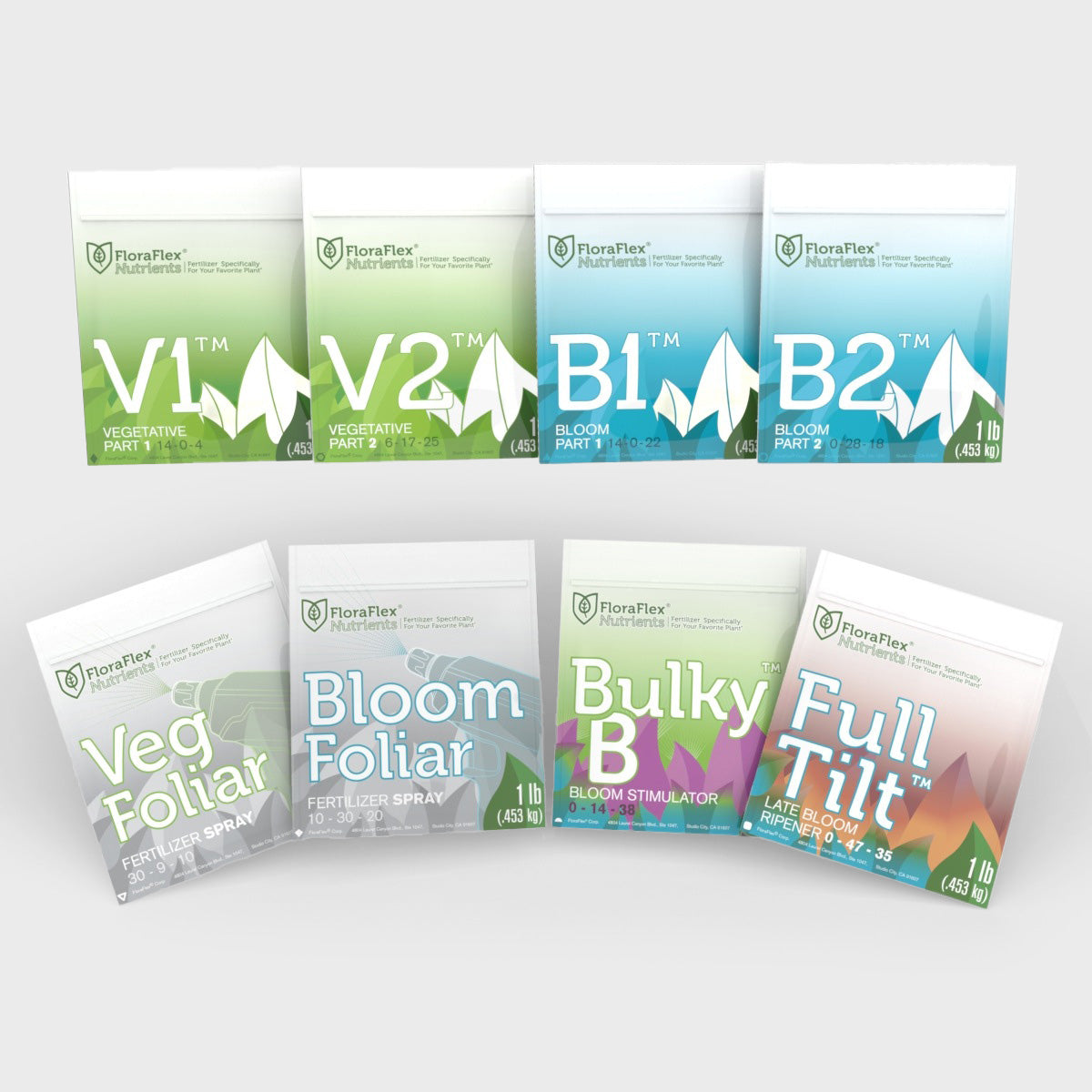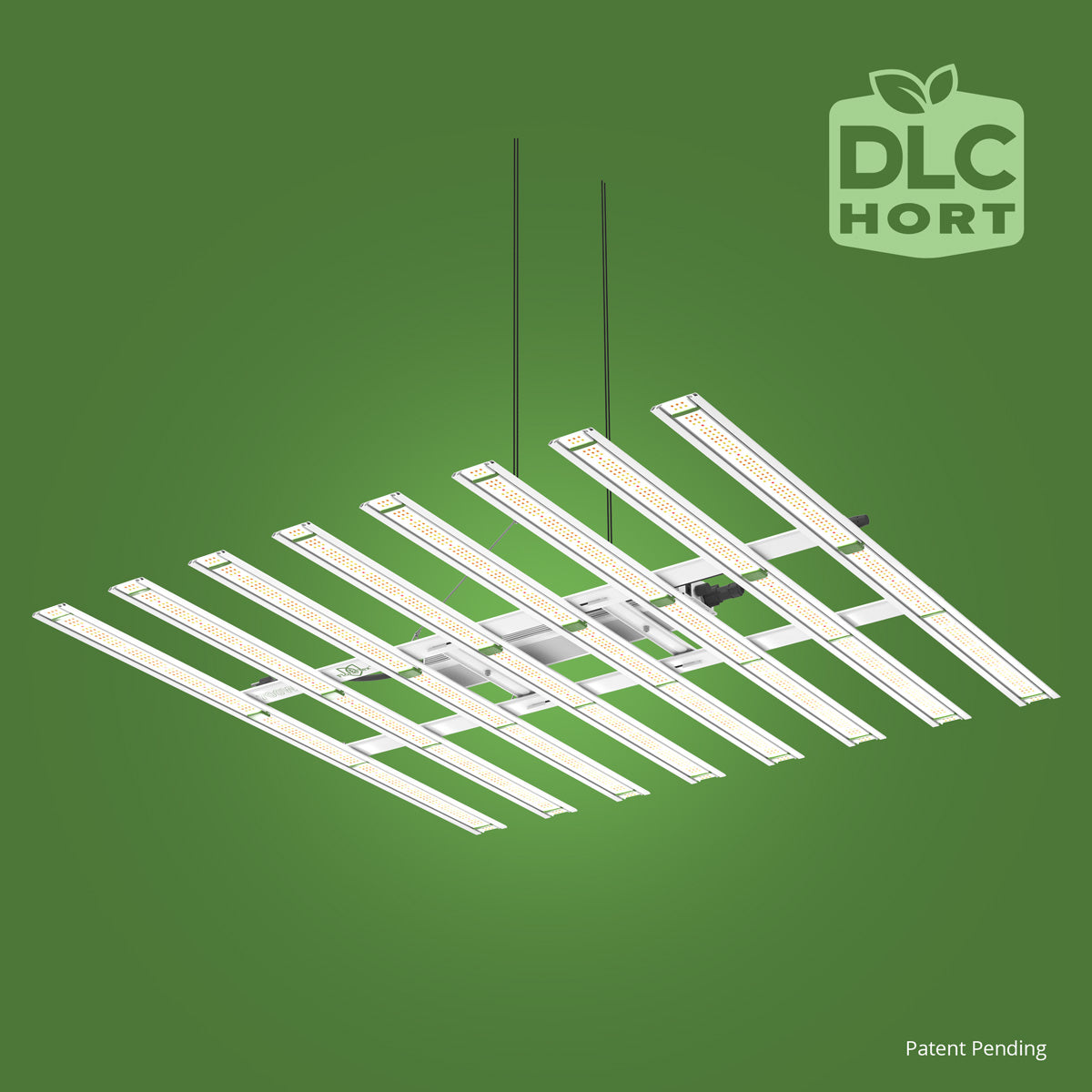Embarking on the journey from traditional gardening to DIY organic gardening is an exciting change that many garden enthusiasts are making today. As we become more conscious of the environmental impact of our gardening practices and the effects on our health, organic gardening offers a way to cultivate plants that are both sustainable and eco-friendly.
Understanding Organic Gardening
Organic gardening involves using natural methods for soil enrichment, pest control, and plant nutrition without relying on synthetic chemicals. This approach not only benefits the ecosystem by supporting biodiversity but also tends to produce healthier and more flavorful crops.
Benefits of DIY Organic Gardening
- Healthier Produce: Growing your plants organically means they are free from chemical residues.
- Environmental Impact: Reduce the carbon footprint by eliminating the use of synthetic fertilizers and pesticides.
- Cost-Effective: While initial setup might seem high, long-term savings and the self-sufficiency of your organic produce will balance it out.
- Enhanced Flavor and Nutrition: Organic gardening often results in fruits and vegetables with superior taste and nutritional quality.
Essential Tools for Organic Gardening
Transitioning to organic gardening requires some initial investment in tools that support natural and beneficial plant care. One such essential tool is the 1.5L Pump Sprayer from FloraFlex. This sprayer is perfect for applying organic fertilizers and pest control mixtures accurately and efficiently. By allowing you to create your solutions, it aids in maintaining the organic integrity of your gardening efforts.
Getting Started with DIY Organic Gardening
- Soil Preparation: Begin by assessing your soil. Use compost and organic matter to enrich it, enhancing its fertility and structure.
- Plant Selection: Choose heirloom or non-GMO seeds which tend to perform better in organic settings.
- Natural Pest Control: Embrace companion planting and natural predators like ladybugs to manage pests instead of chemical options.
- Organic Fertilizers: Incorporate organic amendments such as compost tea, worm castings, or a custom blend applied with the 1.5L Pump Sprayer to provide the necessary nutrients without synthetic chemicals.
Embrace the Transition
The transition to DIY organic gardening is more than just changing the way you plant; it’s a shift towards a healthier lifestyle and a more sustainable world. By investing in the right tools and embracing organic practices, you're taking significant steps towards contributing positively to the environment and your well-being.
For more gardening tools and tips to enhance your organic gardening journey, visit FloraFlex.
By embracing the principles of organic gardening and equipping yourself with the right tools, you can successfully transition from traditional to DIY organic gardening, ensuring a healthier planet and a thriving garden.









